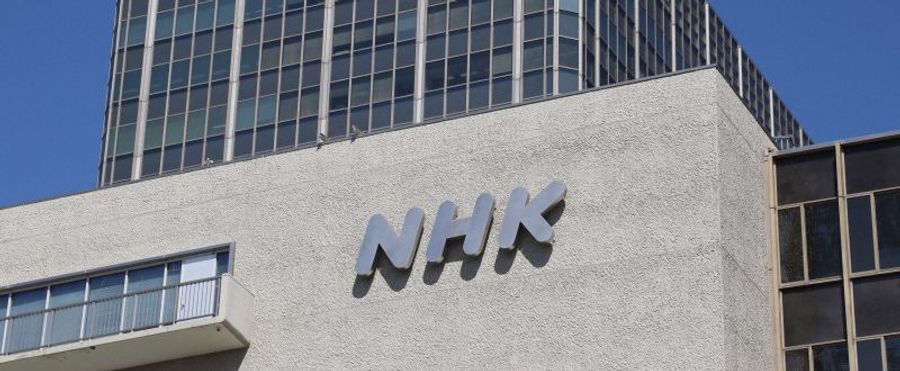The Japanese public broadcaster NHK is facing increasing challenges improving its collection policies with the growth of digital media. The broadcaster, financed mainly through receiver fees, is under scrutiny regarding its relevance in the rapidly changing media landscape. Questions are being raised about the significance of NHK's role in Japan's society, especially in the context of an increasingly diversified array of media sources.
In Japan, NHK has a rich history and is often considered a staple in Japanese households. Melodramas, documentaries, news programs, and especially the annual Kohaku Uta Gassen (Red and White Song Battle) are deeply ingrained in Japanese culture. However, the rising number of people watching TV programs on their smartphones and computers, combined with NHK's outdated collection policies, has created an environment where the relevance and financial sustainability of NHK are being questioned.
Unlike the US where multiple networks operate largely on advertising revenue or the UK where the BBC makes use of a television license fee, NHK relies mostly on the public to fund its operations through receiver fees. The digital age and the diversification of media have challenged the financing structure of public broadcasting everywhere, but the debate in Japan focuses more heavily on due collection of these fees.

